Pioneering examples
In the red soil of the Central Highlands, where the weather is harsh and agricultural production conditions are challenging, positive movements are gradually spreading thanks to the hands and determination of women.
Among them, Ms. Dam Thi Phuong and Ms. H'Noi Byă ( Dak Lak province) are two typical examples of the change from traditional farmers to pioneers in applying green, sustainable and effective agricultural models. Their stories are the clearest evidence of the power of knowledge, timely support and the indispensable role of women in rural development.
Ms. Dam Thi Phuong, a farmer in Ea M'dróh commune (Cu M'gar district, Dak Lak) has been growing vegetables for many years but depends entirely on chemical fertilizers. After each crop, she notices that the soil becomes increasingly hard, productivity decreases, while input costs increase uncontrollably.
This concern prompted her to seek out the vegetable growing livelihood group under the “I am happy to sow” project - an important component of the “She Feeds the World” (SFTW) program jointly implemented by CARE and the PepsiCo Foundation in Vietnam.
Thanks to participating in training sessions and practical support from the program, Ms. Phuong has accessed the IMO production method (application of indigenous microorganisms) and made her own organic fertilizer from available materials such as straw, bran, cold rice, and yeast. Not only does this method reduce production costs by 50%, it also significantly improves soil quality, helping plants grow sustainably, stay green, and limit pests and diseases.
In particular, through technical advice, Ms. Phuong boldly invested in a water-saving misting irrigation system - an important step forward in a farming area that often lacks water in the dry season.
Not stopping at production, Ms. Phuong also proactively tested the commercialization of IMO products, shared her experiences with neighbors and supported other people to access this model. “Before, I was only worried about having enough to eat. Now I think further, I have to clean up to have a stable output, so that the land is good for future generations,” she shared.
Similarly, Ms. H'Noi Byă, an ethnic minority woman in Cu Drăm commune, Krong Bong district (Dak Lak) also started from scratch. Since childhood, she had cherished the desire to grow mushrooms at home, but economic conditions and lack of experience prevented that dream from becoming a reality. Only when she joined the SFTW program did she have the opportunity to turn her hobby into a real livelihood.
After training courses, being exposed to clean mushroom growing techniques and visiting model models, Ms. H'Noi boldly invested in 200 bags of mushroom spawn. Thanks to the good quality of the products and the trust of consumers, her products are always "sold out".
After winning a prize in a startup competition organized by the project, she used all the prize money to invest and increase the production scale to 1,000 bags of mushroom spawn, creating an additional income of more than 3 million VND per month for her family. More importantly, growing mushrooms helps to effectively utilize agricultural by-products such as straw and corn husks. These by-products were previously disposed of by burning, but now they have become a useful source of raw materials.
The mushroom growing model not only helps women in the village increase their income but also creates additional by-products for households that do not grow mushrooms, contributing to the reuse of resources and environmental protection.
Currently, Ms. H'Noi is collaborating with restaurants to expand product outlets, while supporting households in the village to develop similar mushroom growing models. "Before, I was shy about interacting, but now I am confident in standing in class to share my experiences with others. I feel very happy because I have done something useful for myself and the community," she said.
Building regenerative agriculture and sustainable livelihoods
The stories of Ms. Phuong and Ms. H'Noi are two typical examples among more than 8,000 farmers supported by the SFTW program in the Central Highlands. This is a global initiative implemented by the PepsiCo Foundation and CARE since 2019 in 8 countries, including Vietnam.
With the aim of enhancing the capacity of female farmers, improving livelihoods and promoting sustainable agricultural practices, the program in Vietnam was launched in September 2022 in coordination with the Ministry of Agriculture and Environment, the National Agricultural Extension Center, the Partnership for Sustainable Agriculture Development in Vietnam (PSAV) and the Community Development Center (CDC).
In Vietnam, the program has brought many outstanding results: Average productivity increased by 20%, chemical fertilizer use decreased by 30% and water use decreased by 20% thanks to the application of drip irrigation technology. In addition, the program also promoted the development of public-private partnership models in agriculture through linking potato production with PepsiCo Foods Vietnam with an area of nearly 100 hectares, stably consuming products for local farmers.
Another major success of the project has been the increase in women’s ownership of agricultural production. Over 60% of the program participants are women, many of whom have had their first access to technical training, financial management, production organization and business planning. This has not only improved their income but also increased their voice in their families and communities.
Ms. Le Kim Dung, Director of CARE Vietnam shared: “The program is a testament to empowerment and trust. When rural women have the opportunity to learn and make decisions, they will create positive and sustainable changes.” Sharing the same view, Mr. Nguyen Kim Hanh, Director of Agriculture of PepsiCo Foods Vietnam said: “The initiative is a practical step in the Pep Positive strategy that PepsiCo is implementing globally, aiming at a regenerative agricultural system and sustainable livelihoods for farmers."
As of April 2025, the program has also supported many capacity building activities at the national level, such as organizing a workshop with PSAV on technology application, climate change adaptation and emission reduction in the agricultural sector. Technical guidelines from the program have been systematized into agricultural extension documents, expanded for other localities to learn and replicate the model.
In the context of Vietnam's agricultural production facing many challenges, from climate change, labor shortage to pressure on traceability and market standards, models like Ms. Phuong and Ms. H'Noi are not only positive signals but also practical solutions. They not only farm but also know how to calculate, connect and lead change. That is the foundation for a modern, responsible agriculture, starting from the hands of determined highland women.
Huong Hoai (According to nongnghiep.vn)
Source: http://baovinhphuc.com.vn/Multimedia/Images/Id/127829/Tay-Nguyen-xanh-len-nho-phu-nu-lam-nong-ben-vung


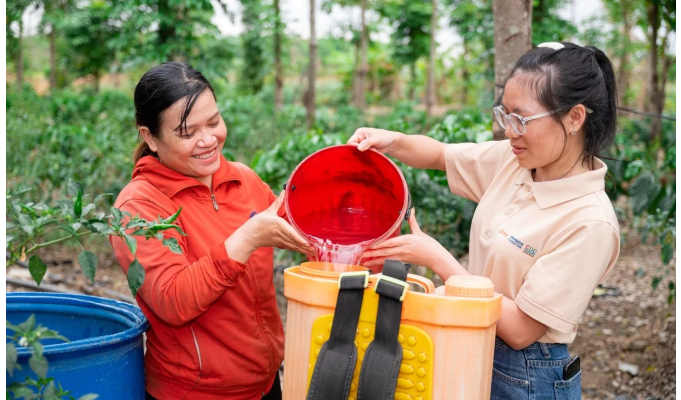



![[Photo] Ho Chi Minh City holds funeral for former President Tran Duc Luong](https://vphoto.vietnam.vn/thumb/1200x675/vietnam/resource/IMAGE/2025/5/24/9c1858ebd3d04170b6cef2e6bcb2019e)

![[Photo] The Government Standing Committee works with ministries and branches on the real estate market situation.](https://vphoto.vietnam.vn/thumb/1200x675/vietnam/resource/IMAGE/2025/5/24/e9b5bc2313d14c9499b8c9b83226adba)


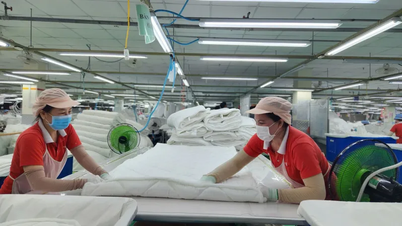
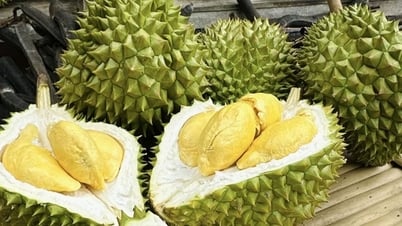

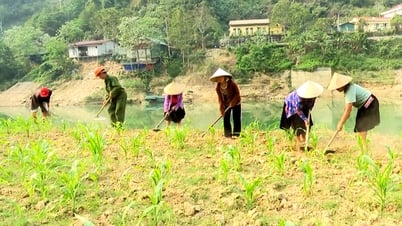


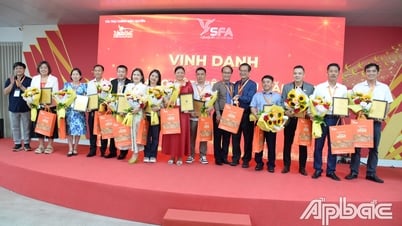




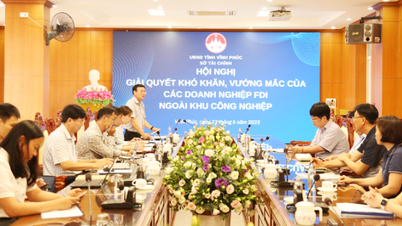
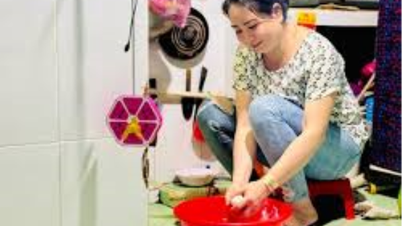
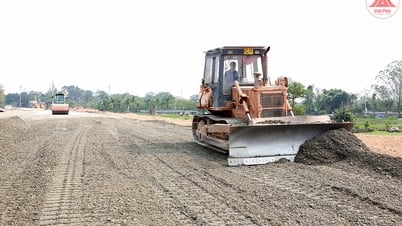
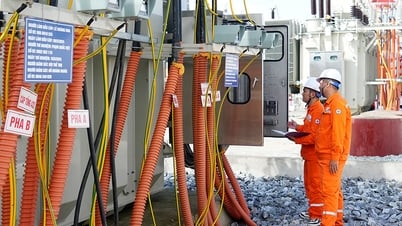
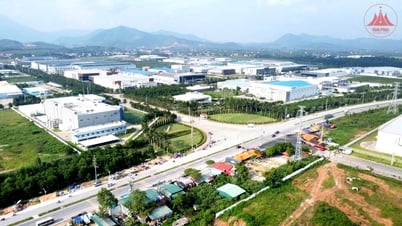
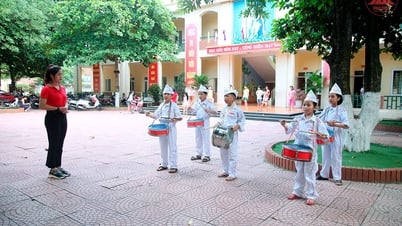
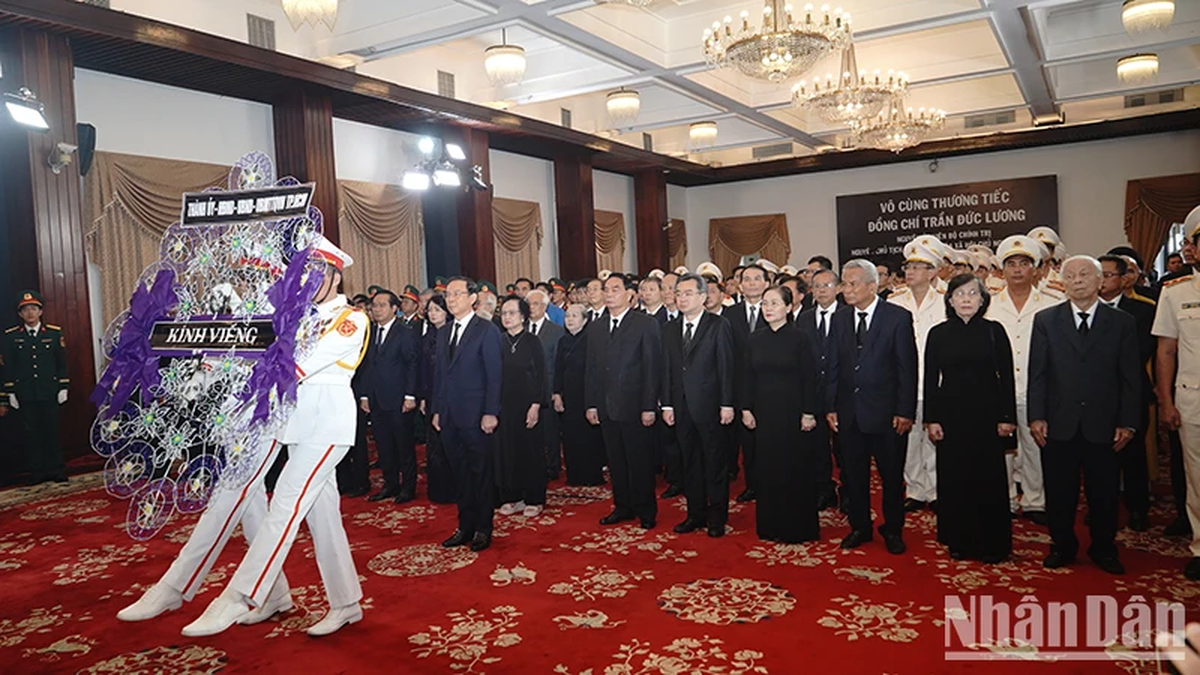
![[Photo] Party and State leaders visit former President Tran Duc Luong](https://vphoto.vietnam.vn/thumb/1200x675/vietnam/resource/IMAGE/2025/5/24/960db9b19102400e8df68d5a6caadcf6)

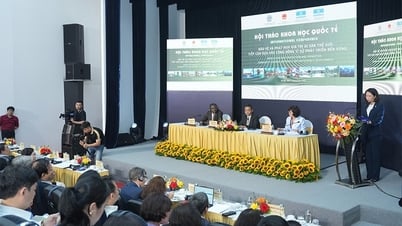



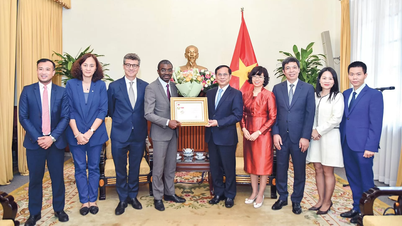







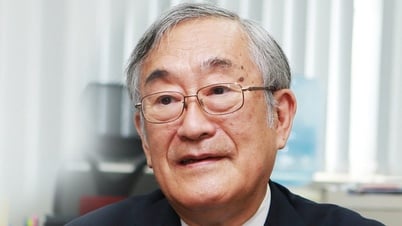

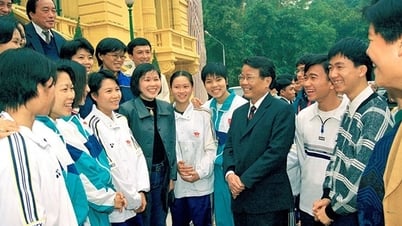

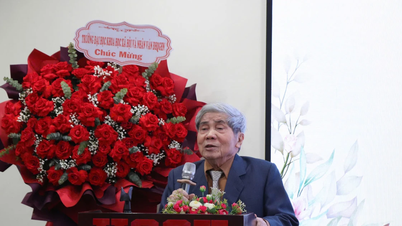
















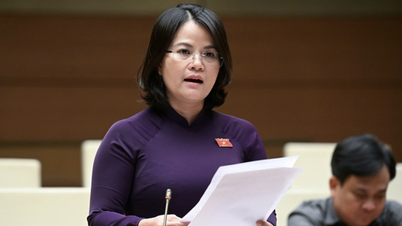
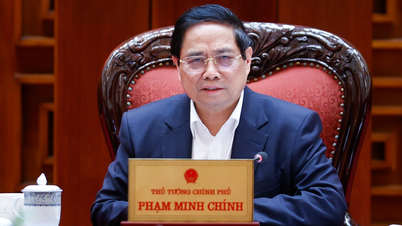
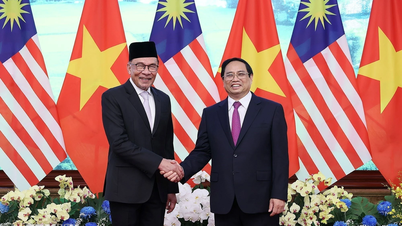
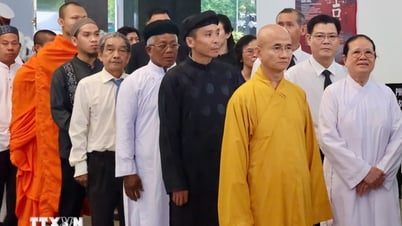








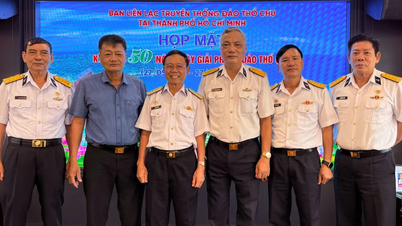

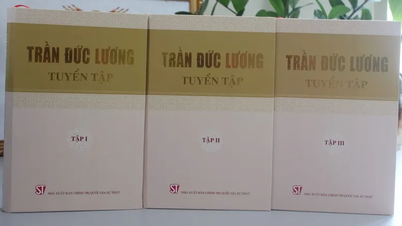













Comment (0)